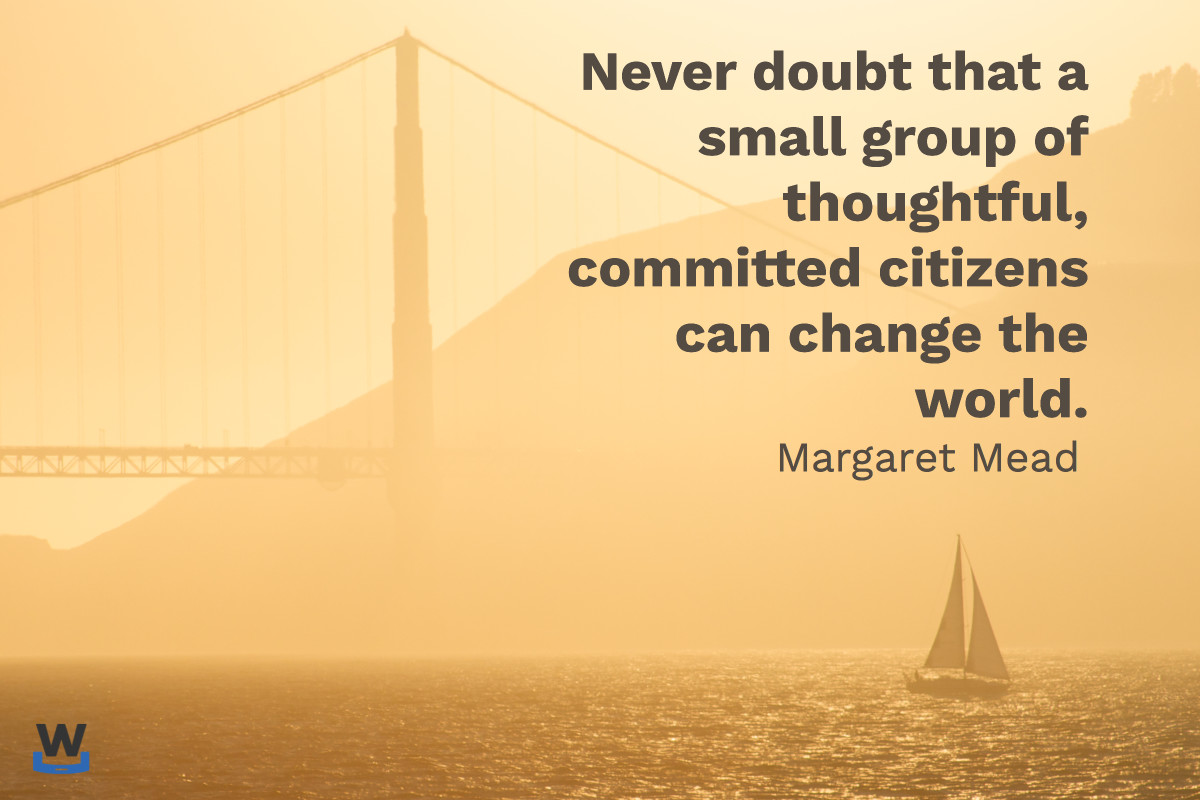Censorship and free speech online
One of the things I discovered yesterday while looking at Krebs on Security was that Google Alphabet has a program to provide hosting and dDOS protection for journalists. Project Shield, as it’s called, is a free service for approved applicants that keeps up websites that might be taken down otherwise. Eligible organizations include those providing news, information on human rights and monitoring elections.
This is something I hadn’t heard of before and my only reaction is good for Google.
Look, we’ve gotten to the point where attackers have resources beyond the scope that most of us can imagine. It’s expensive even for large organizations to manage and pay for the level of protection they need.
Even more importantly a lot of very important work is done by individuals or small organizations. Brian is a prime example of that. He does an incredible job investigating online crime on his own time. His site and his information is an invaluable resource for many. Losing his site, and losing his information would leave a huge hole in the security community. There are other folks in other spaces who, like Brian, don’t have the resources to protect themselves but do have important things to say and share.
I’m glad to see Google committing their resources and skills to help organizations protect themselves. It’s so important that this work is done and we don’t lose voices just because they can’t afford hundreds of thousands of dollars a year.
There has been abuse and harassment online for as long as I’ve been here. But it seems recently the size and severity of attacks have increased. And a lot of service providers are struggling with how to manage it and what their responsibilities are.
A few weeks ago Facebook deleted an iconic photo from the Vietnam era due to child nudity in the photo. That decision was reversed and discussed in many, many different places. One of the most interesting discussion happened on a friend’s Facebook feed. Many of the participants work at various online providers. They have to make these kinds of decisions and create policy to do the right thing – whatever the right thing is. It was very interesting to be able to follow the discussion and see how many different issues FB and other online providers have to consider when creating these types of policies.
I thing the thing I have to confront the most about the internet is how big it is. And how crucial it’s become to all sorts of issues. Social media can be a cesspool of abuse, there’s no question. But it can also be a force for good. I’m glad companies like Google are stepping up to preserve the good parts of the internet.

